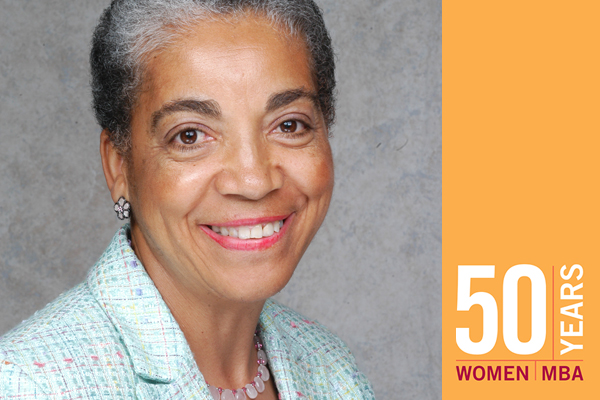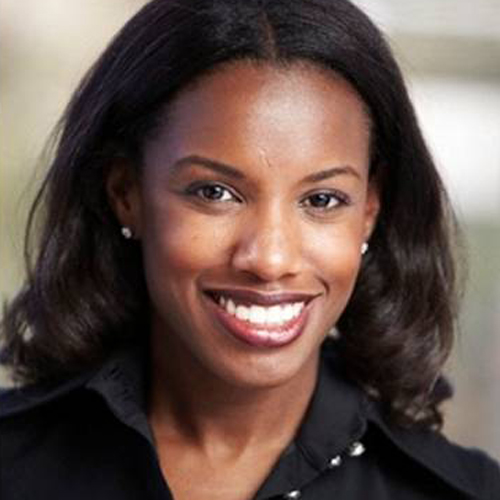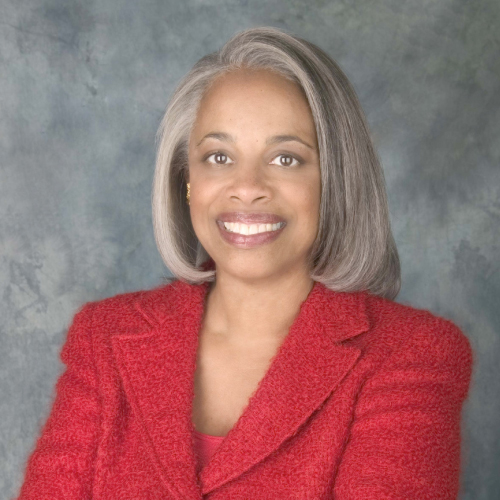
Catherine LeBlanc
Biography
Catherine W. LeBlanc is a North Carolina-based business and education consultant who works with businesses, universities and other organizations in the areas of leadership development, diversity, and ethics. LeBlanc, a lifetime member of the National Black MBA Association, has consulted with that organization on the design and implementation of leadership and career development activities for its members, as well as for its annual national conference. She was instrumental in establishing the organization’s very successful Leadership Institute.
What impact did HBS have on your life and the life of others?
When I arrived at Harvard in 1978, my worldview had been shaped by my personal history, which included marching on picket lines as a teenager in my small Southern hometown; participating in campus protests to increase the number of black students and professors; being amongst the first 50 black students to graduate from Duke University; and being one of the early women to work in manufacturing as part of a GE training program.
HBS helped to expand that worldview through the people I met, the experiences I had, and the exposure I received. It also gave me an analytical framework for decision-making which has impacted every aspect of my life. When I reached a crossroads in my career in 1989 as to how best to use my training and experiences to help others, that framework helped me to make a decision to leave corporate America and take a job working for the superintendent of the Atlanta Public School District.
As it was much more rare then to leave the private sector for the nonprofit sector than it is today, family and colleagues questioned the use of my Harvard MBA in such a setting; one MBA colleague even called me an "anachronism from the ’60s." I did not take offense at the comment; after all, I had been a part of the change and transformation that occurred during that time. It was quite clear to me that my analytical and marketing skills could best be utilized in an area that unleashed and nurtured my personal passion to advance educational opportunities for African American young people. I have not regretted that decision, which is why I advise young people to explore ways to mesh their passion with their training. I believe that that is the greatest path to happiness in one’s career.

